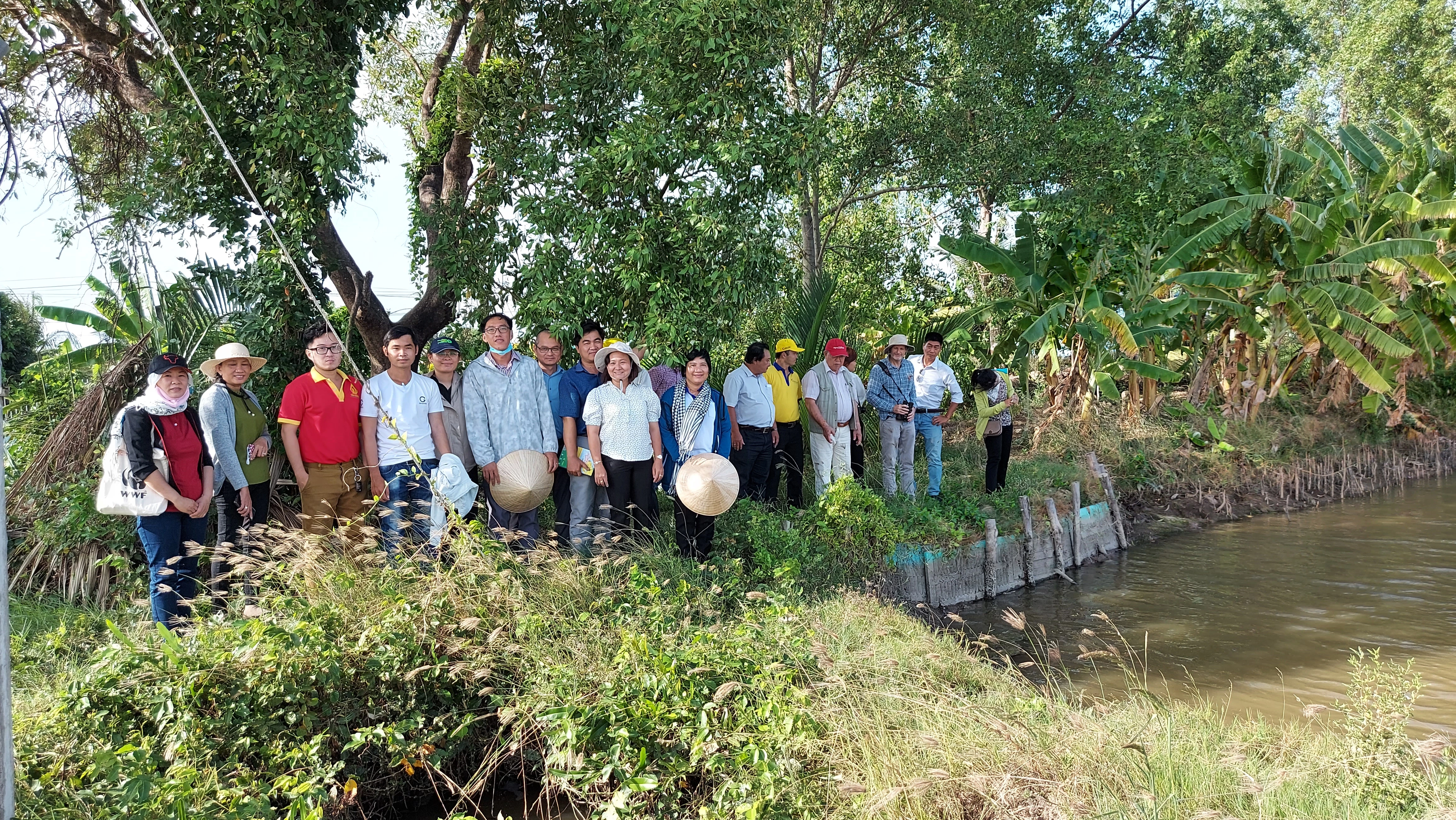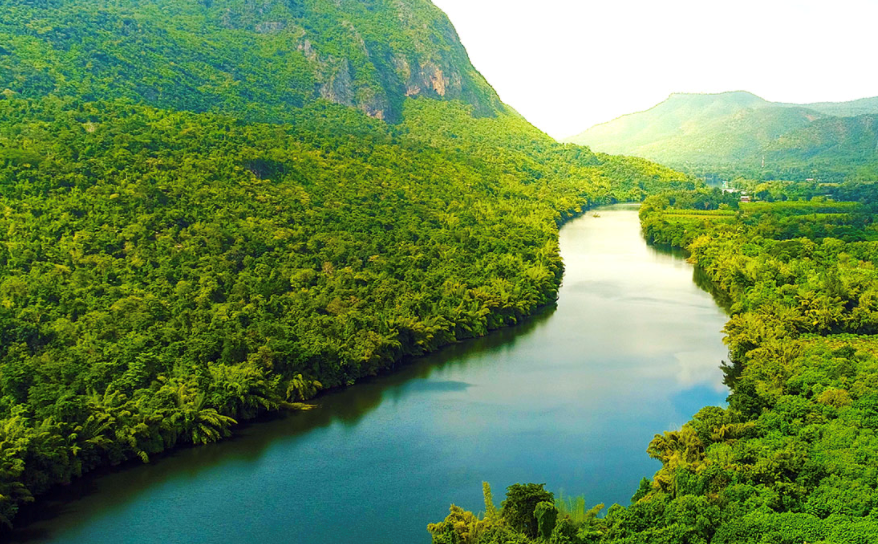Evaluation report shows important successes and learnings for the DFCD
How is the Dutch Fund for Climate and Development (DFCD) performing and how can it improve? Fundmanager FMO commissioned Itad, a leading company in monitoring and evaluation for development, to find answers to that question.
Itad interviewed various colleagues of the DFCD and some of our projects for its report called 'Evaluation of the Dutch Fund for Climate and Development’s project origination approach'. The report is a valuable opportunity for the Origination Facility (OF) to gain insights into its contribution to the DFCD.
The OF is the project engine of the DFCD, responsible for identifying and developing early-stage projects and get them investment ready. This ongoing evaluation is part of our efforts to ensure that our work is of the highest standard, so that we can make the most impact in delivering climate-resilient economic growth.
Overall Itad concluded that the OF has been successful in identifying bankable projects and that OF support has been essential to their development. The expertise that each of the Consortium partners brings to the DFCD adds considerable value in identifying, supporting, evaluating, and investing in projects to address climate change and development.
ITAD confirms in its evaluation that the DFCD support meets the requirement of additionality. When it comes to the operation of the fund, the DFCD Consortium brings together a powerful combination of skills and experience: SNV and WWF bring local presence and expertise which complements the investment expertise of FMO and CFM.
Good results despite COVID 19
A key positive takeaway from the evaluation is that the OF is operating well in its role of identifying potential projects, despite complications due to COVID 19. The pandemic was especially challenging for the OF as most of the project identification and development would normally have been carried out in person.
We adapted by shifting our focus to primarily utilising and building up the expertise of pre-existing local networks to identify and bring in projects in lieu of more traditional methods such as attending in-person events and conferences.
Thanks to our online approach, at the time of the evaluation’s publication, 19 projects were in the development phase of the OF. Some of these projects would not have been pursued, and would not have the potential to become bankable, without our support.

Landscape approach
One of the fundamentals of the DFCD is the landscape approach, a way of managing the landscape by long-term collaboration among multiple stakeholders, with the purpose of achieving sustainable landscapes. According to Itad, this supports the DFCD Consortium to originate synergistic projects that can maximise the DFCD’s resilience impact within each landscape. Several projects have been engaged in DFCD’s priority landscapes. Identified synergies between these projects have the potential to boost landscape-level resilience in the longer term.
This approach offers rapid operational benefits of relationship building, information and resource sharing, and understanding and reduction of financial and reputational risks of investments, as well as the potential for longer-term benefits of climate adaptation, ecosystem resilience, and participation of vulnerable groups.
Support to realise goals
The report also states how projects and project owners experienced working together with the fund. Many projects say they struggled to access funding before being engaged by the OF, making them reliant on OF support to develop and realise their goals.
Project owners reported specifically their appreciation of the support received from the OF in terms of technical assistance for project development and environmental and social risk management. They felt that our support and the technical assistance helped them in de-risking their project. It allowed them to generate evidence of their project’s bankability which made them more confident in their ability to attract capital during later stages of development.
Key learnings
While this positive feedback from the evaluation is encouraging, it is important to learn from the key challenges identified in the report. One such challenge is the OF’s ability to identify business cases of suitable ticket size for the Water Facility.
This challenge stems largely from the juvenile market conditions often present in LDCs which limit the scale and potential rate of return projects can offer. The Consortium recognises this limitation and the need to adapt its strategy to better enable access to the Water Facility.
Another opportunity for the OF is to streamline communication and further align expectations with the Investment Facilities going forward. It is essential that the bankability, scaling potential, and level of risk of projects brought forward are within the expectations of the Investment Facilities. Efforts have already been made to address this gap including hiring individuals with financial expertise.
In addition to this, it is important to effectively communicate expectations of the Investment Facility as projects move through the OF. This is to ensure the smooth graduation of projects into the investment phase and to reduce the number of projects being rejected at this stage.
About DFCD
The Dutch Fund for Climate and Development (DFCD) is a climate fund, dedicated to supporting climate adaptation and mitigation projects which benefit vulnerable communities and landscapes. Initially funded by the Dutch government, it is powered by a consortium of four expert organisations: FMO (Dutch Entrepreneurial Development Bank), CFM (Climate Fund Managers), SNV, a global development partner, and WWF Netherlands.

